Waterstones' 2019 Results: Profit Jumps 39%
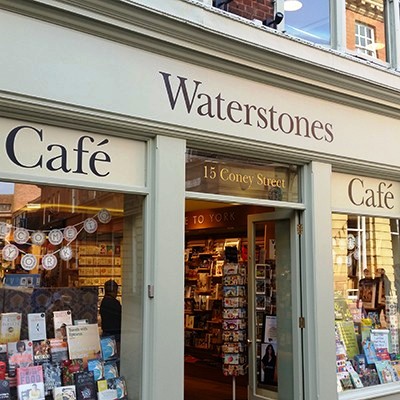 Waterstones recorded a profit of £22.7 million (about $29.7 million) in its last fiscal year, ended April 27, 2019, up 39% compared to 2018, the Bookseller reported. Managing director James Daunt said sales increased 1.8% during a "moment of extraordinary change" for the company, including the acquisition of Foyles in September 2018 and U.S. hedge fund Elliott Advisors purchase of Waterstones in April 2018.
Waterstones recorded a profit of £22.7 million (about $29.7 million) in its last fiscal year, ended April 27, 2019, up 39% compared to 2018, the Bookseller reported. Managing director James Daunt said sales increased 1.8% during a "moment of extraordinary change" for the company, including the acquisition of Foyles in September 2018 and U.S. hedge fund Elliott Advisors purchase of Waterstones in April 2018.
Waterstones reported sales for the year of £392.8 million (about $513.5 million), compared to £385.7 million ($504.1 million) in 2018, "in a period of absent of significant bestselling titles," as sales on non-book items continued to grow. Four new shops opened in the period and five closed, bringing the total to 278 stores.
"It was one of those years. We had Michelle Obama and it was a pretty strong year, and then the waters parted and some of the books that might have come in--Barack Obama and Hilary Mantel--didn't and we had to rely on ourselves," Daunt said. "Sales are up in a very difficult trading environment with a lot of things going on and it's been a moment of extraordinary change, and Barnes & Noble followed shortly after. We are in the hands of a very ambitious owner who is pushing the business on and that's quite exciting."
Daunt, who is also CEO of Barnes & Noble, added that B&N "is very much back to Waterstones in 2011/2012. I'm hoping for the same recipe--devolving responsibility to local booksellers, improving the book offer and booksellers trying to get their shops right for the community."
Foyles, which operates seven bookshops in the U.K. and filed its results separately, had a pre-tax loss of £257,000 (about $335,965) as sales dipped to £22.6 million (about $29.5 million), down 13% from 2018. The retailer cited trading conditions that were "challenging due to a relative lack of good publishing during the year." The Bookseller noted that a deeper look at the "figures suggest that Foyles has moved into profit since being acquired, albeit only based on part-year accounts."





SHELFAWARENESS.1222.S1.BESTADSWEBINAR.gif)



 In an article headlined "
In an article headlined " Amazon plans to open its
Amazon plans to open its 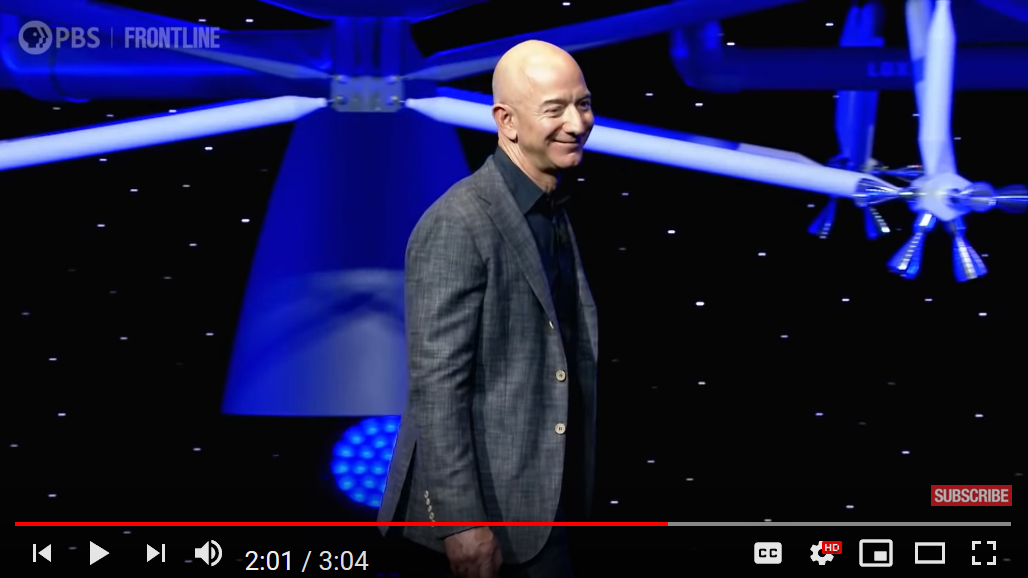
 Federal regulators have "
Federal regulators have "SHELFAWARENESS.1222.T1.BESTADSWEBINAR.gif)

 During a year in which the Canadian book market remained largely flat overall, online sales were down slightly in 2019, from 52.5% to 51%, reported BookNet Canada, based on a survey of English-speaking adult book buyers. Sales in physical channels, meanwhile, were slightly up, from 47% to 49%.
During a year in which the Canadian book market remained largely flat overall, online sales were down slightly in 2019, from 52.5% to 51%, reported BookNet Canada, based on a survey of English-speaking adult book buyers. Sales in physical channels, meanwhile, were slightly up, from 47% to 49%. 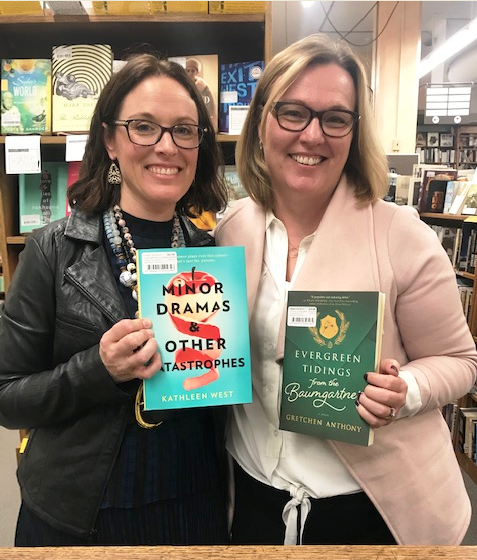 Magers & Quinn Booksellers
Magers & Quinn Booksellers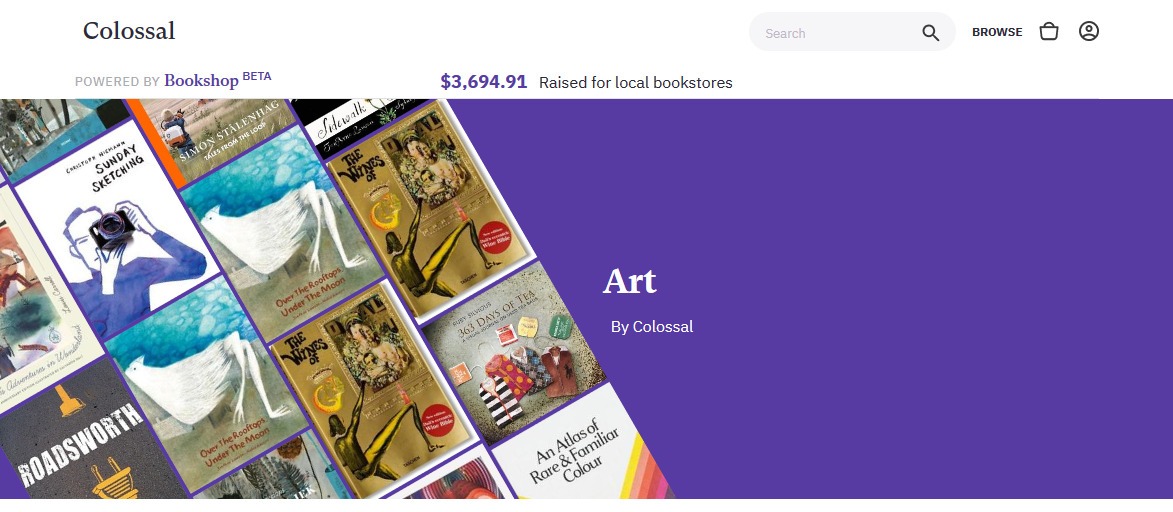 In a decision that could augur a gradual move by others away from automatically linking book titles to Amazon, Colossal, the "international platform for contemporary art and visual expression that explores a vast range of creative disciplines," has
In a decision that could augur a gradual move by others away from automatically linking book titles to Amazon, Colossal, the "international platform for contemporary art and visual expression that explores a vast range of creative disciplines," has 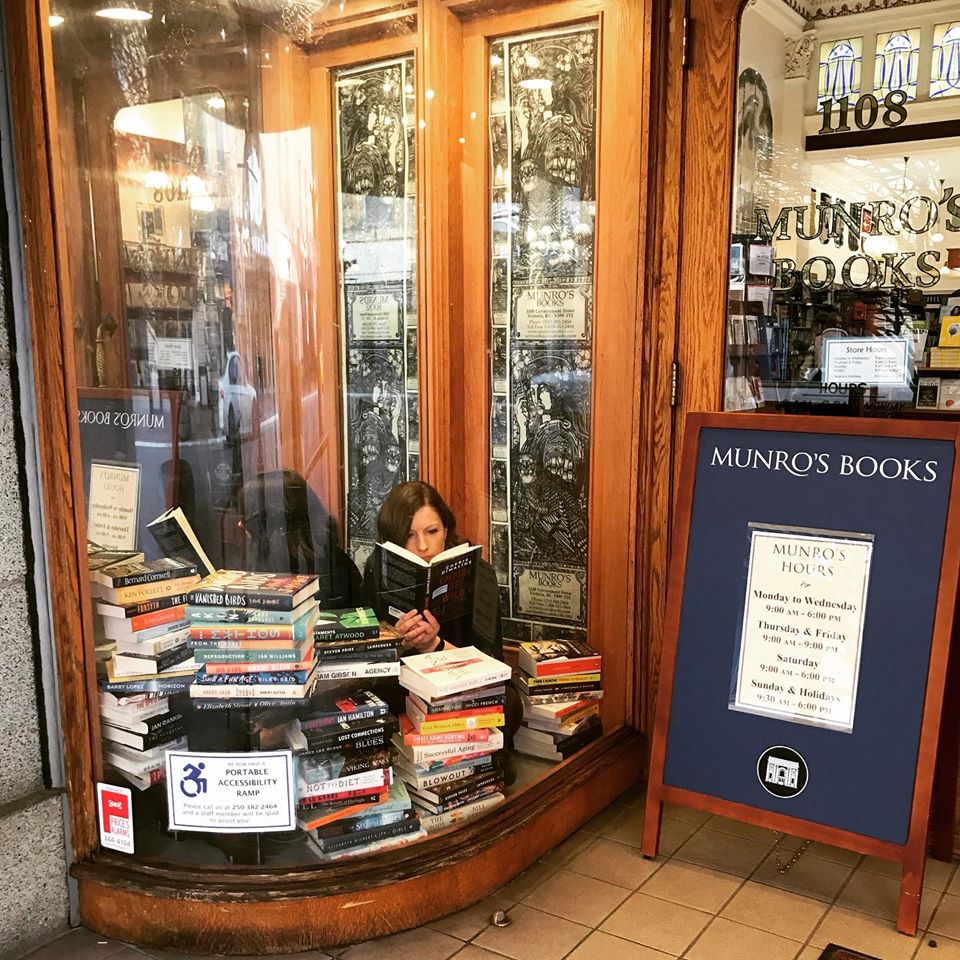 "
"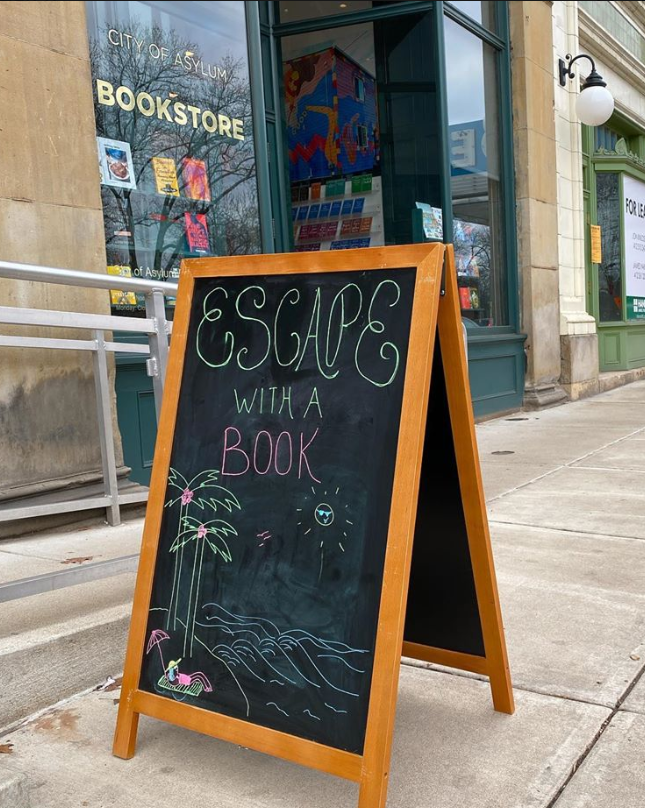 "When you haven’t seen the sun in Pittsburgh in a week...,"
"When you haven’t seen the sun in Pittsburgh in a week...," 
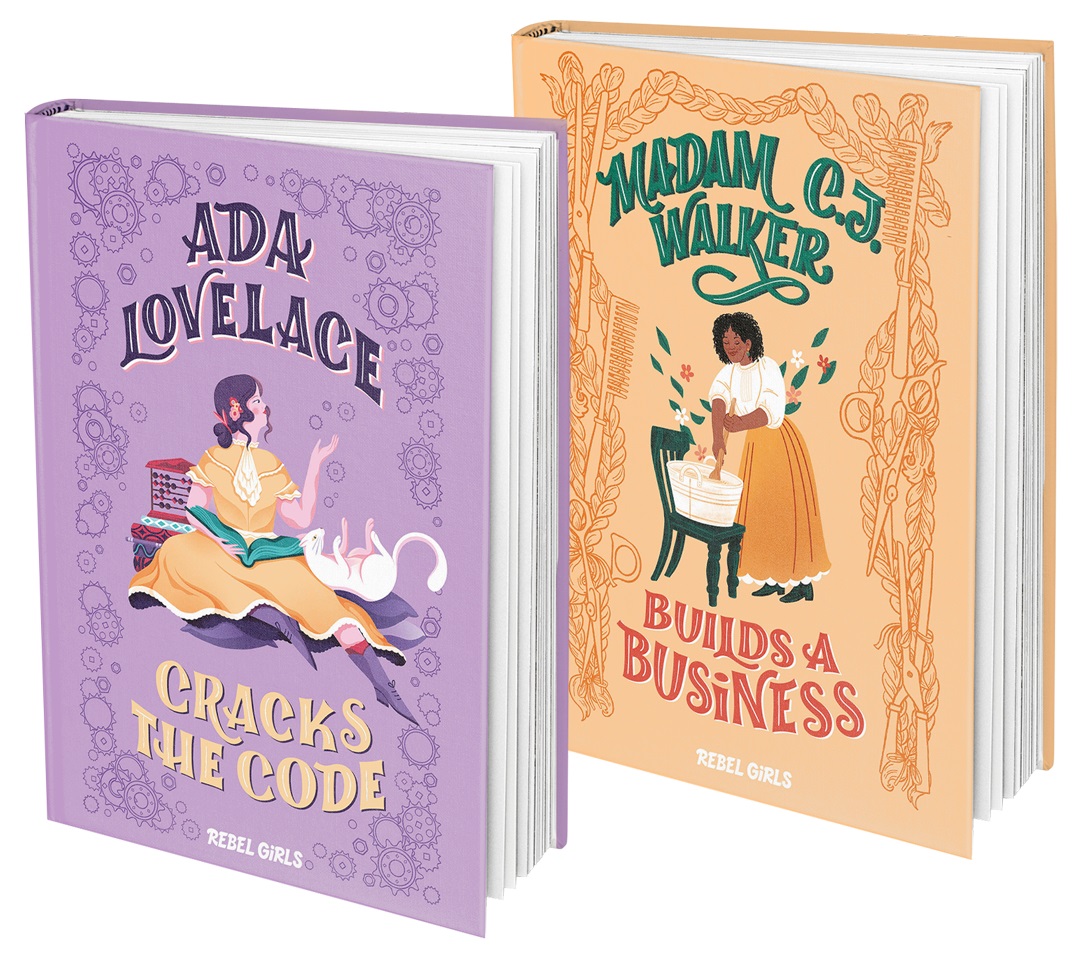 Book you're an evangelist for:
Book you're an evangelist for: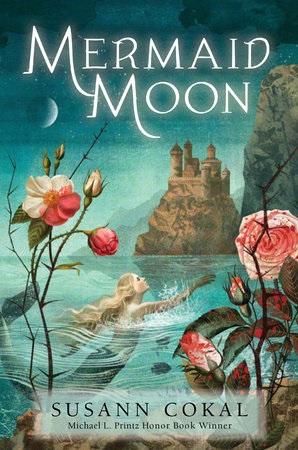 In her version of "The Little Mermaid," Susann Cokal uses lush, lyrical writing and multiple perspectives to tell a lasting story of darkness and beauty.
In her version of "The Little Mermaid," Susann Cokal uses lush, lyrical writing and multiple perspectives to tell a lasting story of darkness and beauty.